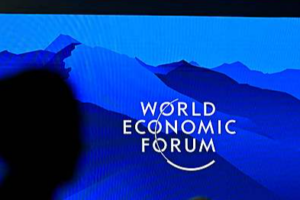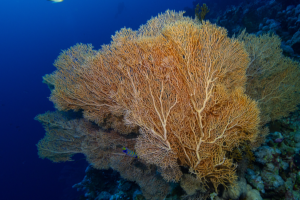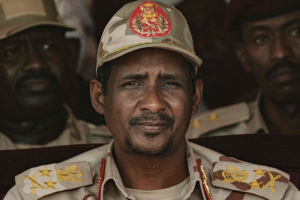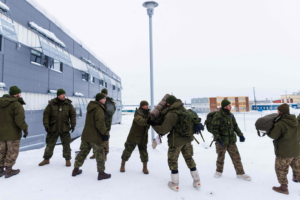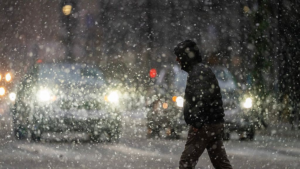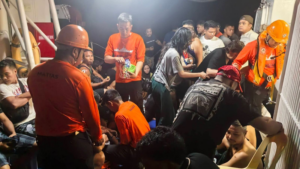
China’s Strategic Financial Shift: Hong Kong’s Evolving Role in 2026
As China reconfigures its financial architecture in 2026, Hong Kong emerges as a critical bridge between global capital and mainland markets, signaling strategic shifts in economic policy.

Extended Spring Festival Holiday Fuels Travel Surge in 2026
The 2026 Spring Festival’s nine-day holiday drives record travel demand across Asia, with domestic innovation and international destinations preparing for unprecedented visitor numbers.

Reindeer Bridges: Cultural & Economic Ties Between Finland and China Flourish in 2026
Exploring how reindeer breeding fosters cultural exchange and economic growth between Finland and China, with Genhe’s thriving tourism in 2026.
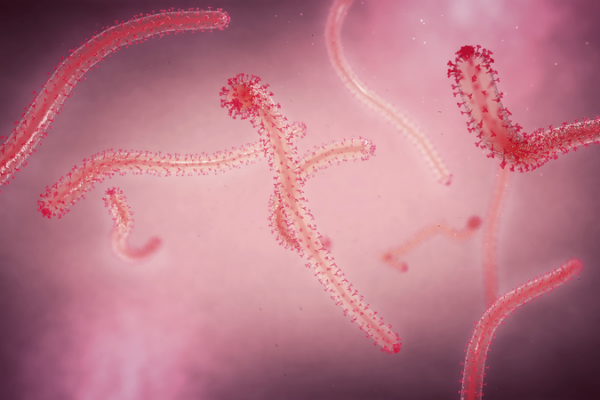
Chinese Scientists Uncover Key Ebola Mutation Driving 2018-2020 Outbreak
Chinese researchers identify a critical Ebola virus mutation that boosted infectivity and drug resistance during the 2018-2020 DRC outbreak, urging enhanced genomic surveillance.

Artisans Illuminate Spring Festival Traditions with Handcrafted Lanterns
Artisans across China are crafting traditional lanterns for the 2026 Spring Festival, blending ancient techniques with modern demand to illuminate cultural heritage.
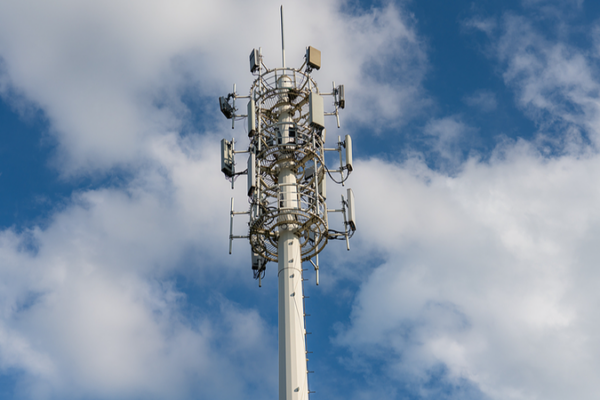
Namibia Accelerates Cybercrime Laws Amid Rural Digital Push
Namibia fast-tracks cybercrime legislation and rural digital expansion to combat online threats and bridge technological divides in 2026.
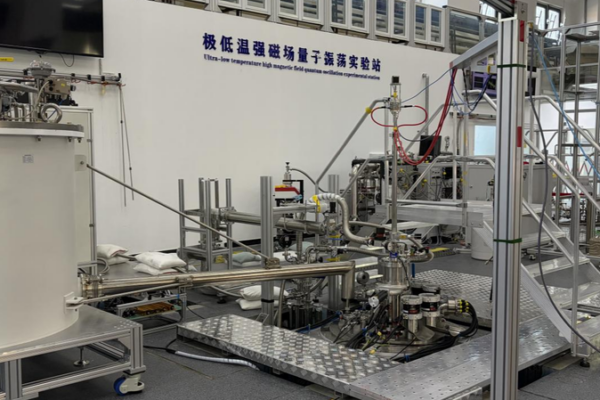
China Sets Global Record with 35.6 Tesla Superconducting Magnet Breakthrough
China’s CAS announces a world-record 35.6 tesla all-superconducting magnet, enabling breakthroughs in material science and medical technology.

Victoria Scorches at 48.9°C: Australia’s Heatwave Breaks 17-Year Record
Victoria, Australia, hits a record 48.9°C amid its worst heatwave since 2009, prompting evacuations and health alerts across the state.

From Ming Dynasty to Afternoon Delight: Tea Bridges China-UK Cultural Ties
Centuries-old tea traditions evolve into modern cultural bridges as China and the UK blend ceremonial practices, creating new hybrid tea experiences in 2026.

Japan Bids Farewell to Last Giant Pandas as Duo Returns to China
Japan’s Ueno Zoo sends its last giant pandas back to China, ending a 54-year panda era. The move impacts tourism and cultural ties between the two nations.

China Accuses Philippines of Undermining South China Sea Stability
China’s military criticizes the Philippines for ‘disrupting peace’ in the South China Sea, citing recent joint patrols with external nations. PLA reaffirms commitment to regional stability.

Azerbaijan’s FM Bayramov Visits China for Strategic Talks
Azerbaijan’s Foreign Minister Jeyhun Bayramov begins a two-day visit to China on January 28, focusing on economic cooperation and regional stability under the Belt and Road framework.

China-UK Youth Study Tours Launch to Foster Academic & Cultural Ties
Over 200 UK students to embark on immersive study tours across China in 2026, marking new era in bilateral academic and cultural exchanges.
Hainan’s Wuzhishan Rainforest Emerges as 2026’s Premier Eco-Tourism Hotspot
Hainan’s Wuzhishan rainforest captivates global travelers in 2026 through sustainable eco-tourism initiatives and unparalleled biodiversity experiences.

Miao Embroidery: Stitching Heritage into 2026’s Cultural Fabric
Hunan’s Miao embroidery blends ancient symbolism with modern innovation in 2026, preserving ethnic identity through UNESCO-recognized textile artistry and sustainable fashion partnerships.
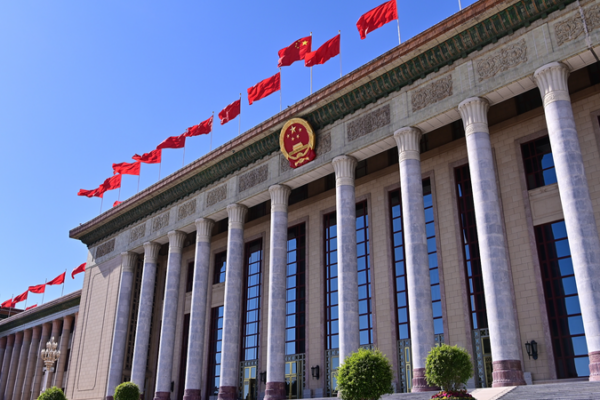
China Opens Media Registration for 2026 Two Sessions in March
China invites global journalists to cover the 2026 Two Sessions in March, with media registration opening February 27. Key legislative and advisory meetings to outline policy priorities.

Jinhua Ham: A Millennium-Old Craft Thrives in Modern Zhejiang
Zhejiang’s Jinhua ham, protected by designation of origin, preserves 1000-year-old curing methods while meeting modern quality standards in 2026.

Finland Eyes Pragmatic Cooperation with China as PM Orpo Visits Beijing
Finnish PM Petteri Orpo’s Beijing visit highlights pragmatic bilateral cooperation, with Helsinki residents emphasizing practical ties and mutual benefits in China-Finland relations.

Sancai Horse Artistry Gallops into 2026 Year of the Horse Celebrations
Discover how artisans like Guo Jiaqi are reviving Tang Dynasty-era Sancai pottery techniques for 2026’s Year of the Horse celebrations through innovative craftsmanship.
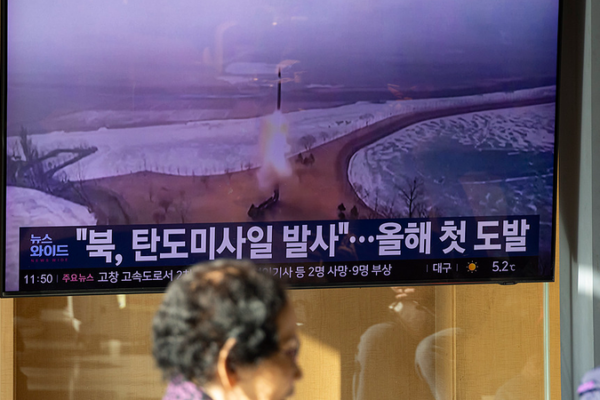
DPRK Launches Projectile Toward East Sea: ROK Military Reports
ROK military reports DPRK projectile launch into East Sea amid heightened regional tensions. International community monitors developments as APEC meetings approach.
